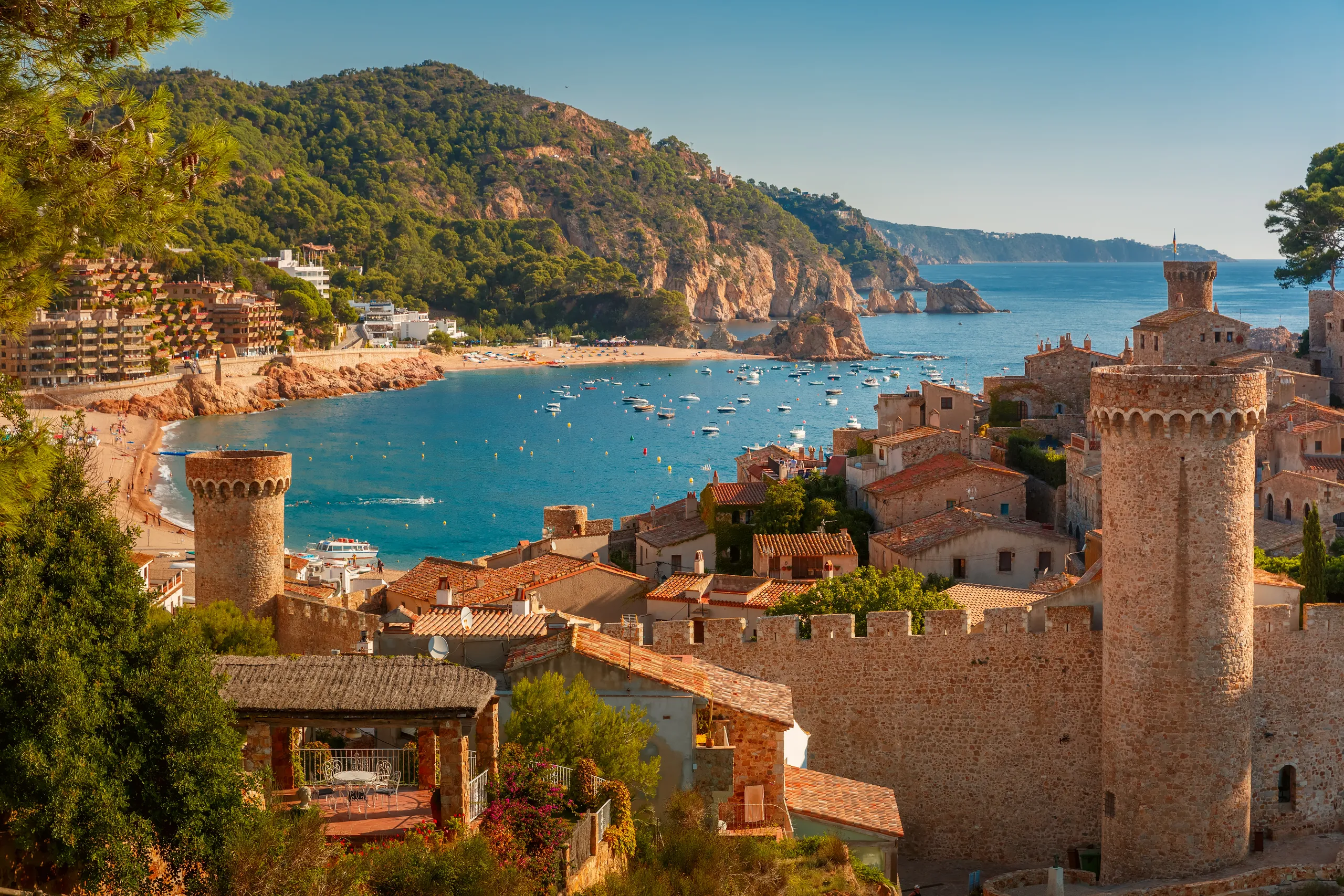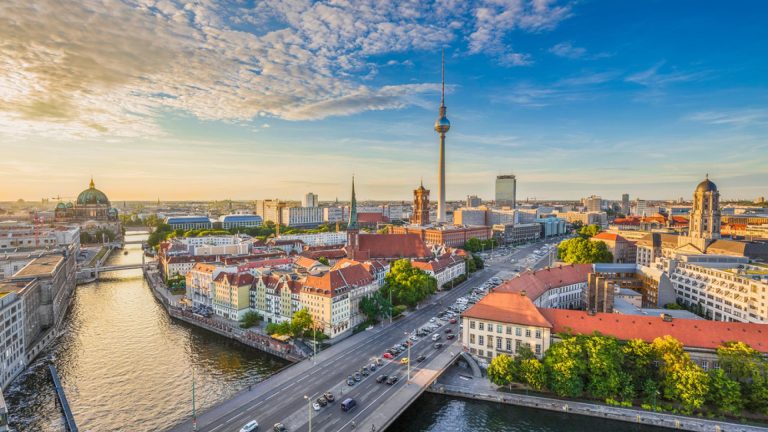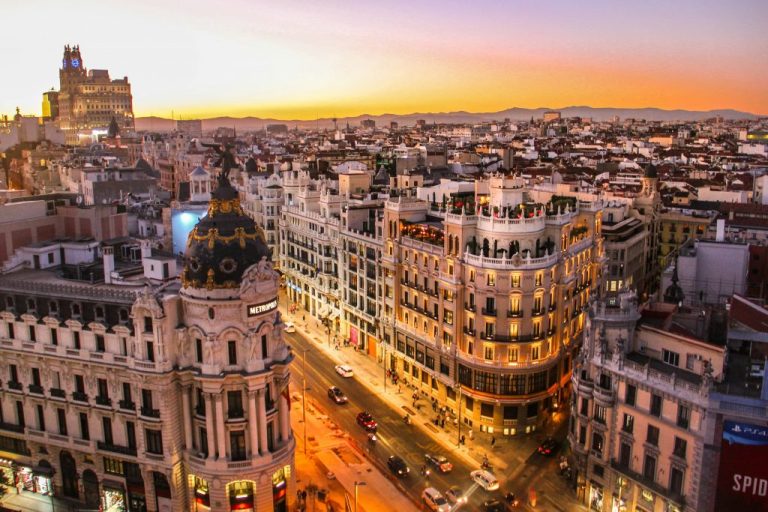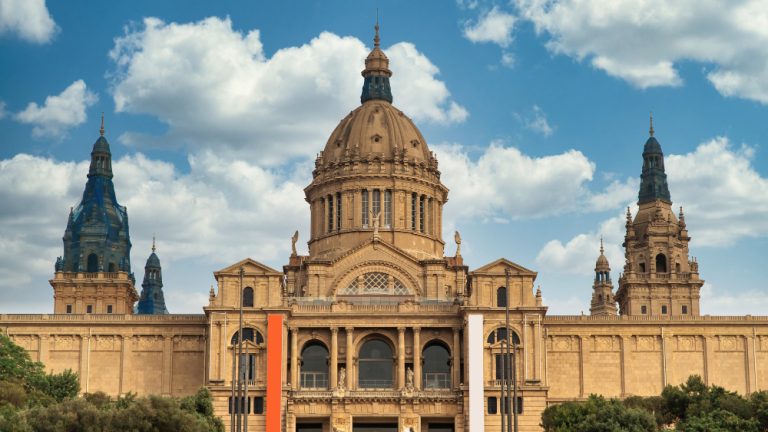Spain has been the top tourist destination for years, attracting millions of tourists every year to its cities, beaches, and landmarks. But with fame came unforeseen side effects—housing crises, traffic jams, rising cost of living, and popular unrest. To address them, Spain implemented strategic measures to balance tourism growth with maintaining local lifestyles.
1. Short-Term Rental Regulations
To combat housing shortages and unaffordable rents caused by holiday rentals:
- Limits on rentals have been placed in major cities like Barcelona, Málaga, and Palma de Mallorca.
- License limits prohibit the issuance of new tourist flats in crowded residential neighborhoods.
- Phasing out existing licenses is being done in some cities, where thousands of licenses will be revoked within the next few years.
- Fines and enforcement have risen. In some cases, basic services like water and electricity are being shut off from illegal rentals.
These measures are meant to return housing to residents and prevent neighborhoods from becoming tourist-only enclaves.
2. Tourist Taxes and Redistribution of Funds
Spain is also increasing and expanding the use of tourist taxes for the benefit of local residents:
- Urban centers and regions now charge nightly taxes on hotel nights or cruise ship arrivals.
- Taxes are used to finance environmental protection, public facilities, and infrastructure development.
- In Balearic Islands, investments are directed towards the maintenance of beaches, waste collection systems, and the conservation of cultural heritage.
This method ensures that tourism directly affects the region it impacts the most.
3. Managing Tourism Behavior
Local authorities in leading destinations are addressing unruly tourist behavior through:
- Beach regulations banning smoking, alcohol, music, camping, or sunbed bookings.
- Walking tour limitations that restrict group sizes to reduce noise and sidewalk congestion in historic town centers.
- Penalties for conduct such as nudity off beaches, littering, or climbing monuments.
These are for promoting public space respect and upholding the dignity of everyday local life.
4. Infrastructure and Mobility Developments
To deal with pressure of great volumes of tourists while improving quality of life:
- Cities are creating public transport systems and fostering sustainable mobility in the form of cycle lanes and electric buses.
- New pedestrian zones are being created, particularly in heritage-rich areas.
- Residents-only car entry has been established in some cities to ensure peaceful coexistence in crowded cities.
These changes allow both locals and tourists to enjoy less stressful, more respectful journeys.
5. Fostering Sustainable and Off-Season Tourism
To prevent crowding cities and resort towns:
- The government is investing in rural and cultural tourism to encourage individuals to visit off-the-beaten-track towns.
- National tourist promotions support off-season vacations, encouraging individuals to take trips during non-peak summer periods.
- Measures are being implemented to protect natural parks, support local celebrations, and increase tourism away from beaches and nightlife.
This policy of redistribution allocates the economic benefits of tourism and reduces environmental degradation.
6. Hearing the People
Spain’s actions are also a direct response to mounting local resistance to mass tourism:
- Locals in places like Barcelona and Palma have taken to streets to protest over tourism.
- Local governments are bringing citizens on board in planning decisions through policy ballots and open forums.
- Improved co-operation between national and regional governments is helping to develop coordinated, sustainable tourism policy.
By placing local people at the center of tourism policy, Spain aims to make tourism work for, not against, communities.
Spain’s dominance in managing tourism, shielding residents, and maintaining local lifestyles proves that the two are not mutually exclusive. With mindful planning, sustainable funding, and respect for local sentiment, Spain is leading the way on how the tourist sector and everyday life can be balanced.
As a tourist or policymaker, Spain’s action has lessons on how to handle tourism responsibly in a globalized world today.







Leave a Comment